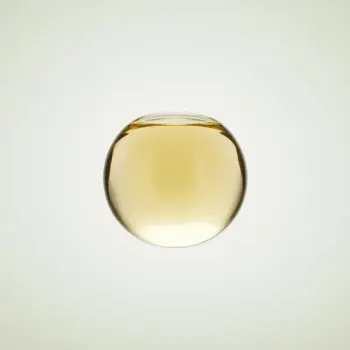White Wine vs Vinegar are both culinary ingredients with distinct uses: white wine adds subtle flavors to dressings, marinades, and sauces, while vinegar provides sharp acidity, ideal for robust dishes and pickling. They differ in alcohol content and can sometimes be substituted with adjustments.

White wine is an alcoholic beverage made from fermented grapes or other fruits. Its flavors and aromas can range from crisp and fruity to rich and creamy, depending on the grape varietal and wine-making process used.

Vinegar is a sour liquid produced by the fermentation of alcohol by acetic acid bacteria. It is used mainly in cooking, as an ingredient in salad dressings, marinades, and sauces, and also has various household cleaning applications.
The primary difference lies in the production process and the presence of alcohol. White wine is fermented until it reaches a desired alcohol content, while vinegar is further fermented to convert alcohol into acetic acid, giving it a distinctly sharp and tangy flavor. Additionally, white wine provides subtle, complex flavors, while vinegar offers a more pronounced acidity that can overpower delicate tastes.

Your ultimate Recipe Box, Meal Planner, and Cooking Class all in one
White wine, especially when used in a vinaigrette, lends a milder acidity and can impart a sophisticated flavor to salads. Ideal for dressings on green salads with fruit or delicate ingredients. Vinegar is a key component in many salad dressings, providing a sharp and clear acidic punch. Perfect for robust salads with hearty vegetables or strong flavors like blue cheese or olives.
Used in marinades, white wine tenderizes the meat and imparts subtle flavor nuances, suitable for chicken, fish, or pork. The alcohol in the wine can help carry fat-soluble flavors into the meat. Vinegar in marinades acts as a strong tenderizer with its high acidity, making it ideal for tougher cuts of meat. It's also great for quick pickling vegetables, adding a zesty flavor.
In cooking sauces, white wine offers a complex flavor base that can be reduced without becoming too acidic, excellent for creamy or buttery sauces such as beurre blanc. Vinegar is often used in small amounts in sauces to provide a bright, acidic contrast, particularly in tomato-based or barbecue sauces.
White wine typically has a higher calorie content due to its alcohol content, while vinegar has minimal calories.
| Nutrient | Vinegar ( per 100ml ) | White Wine ( per 100ml ) |
|---|---|---|
| Sugars | 0.4g | 1g |
| Alcohol | 0g | 10g |
| Calories | 20 | 82 |
| Carbohydrates | 0.9g | 2.6g |
Yes, you can substitute white wine with white wine vinegar by diluting it with water to reduce acidity, but keep in mind it will not have the same depth of flavor as the wine.
Yes, vinegar has a stronger, more acidic taste compared to the milder acidity and complex flavors of white wine.
While you can cook with various types of vinegar, each will impart a different flavor. It's important to choose a vinegar that complements the other flavors in your dish.
Most of the alcohol in white wine evaporates during cooking, leaving behind the flavor without a significant amount of alcohol.
White wine is typically better for fish dishes as it provides a subtle flavor that does not overpower the delicate taste of the fish.